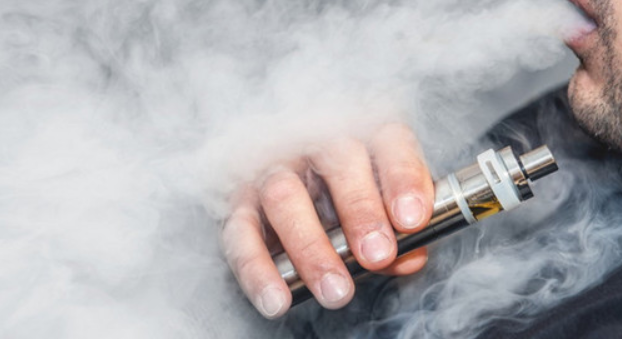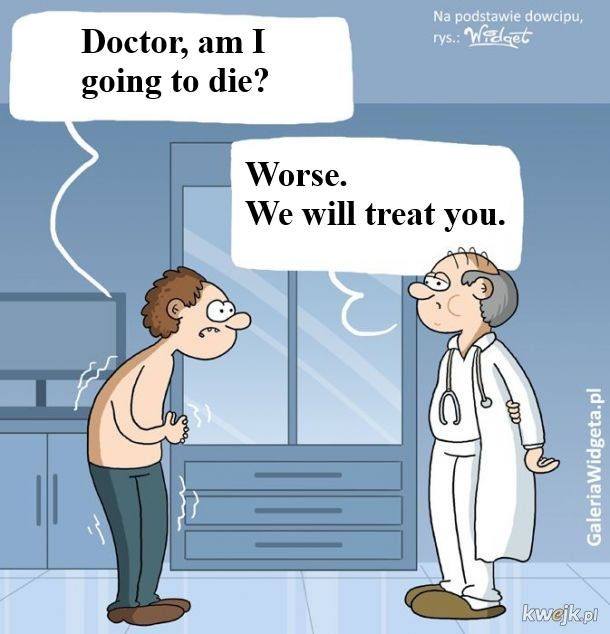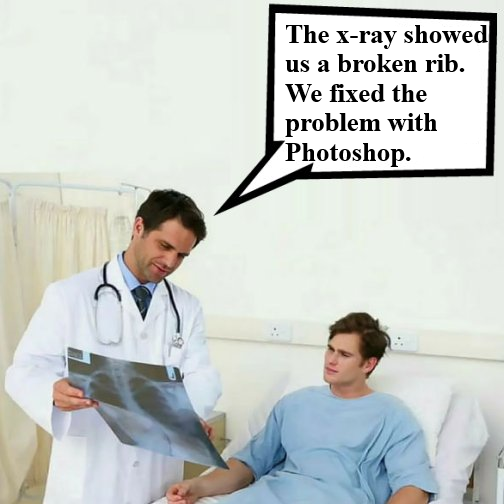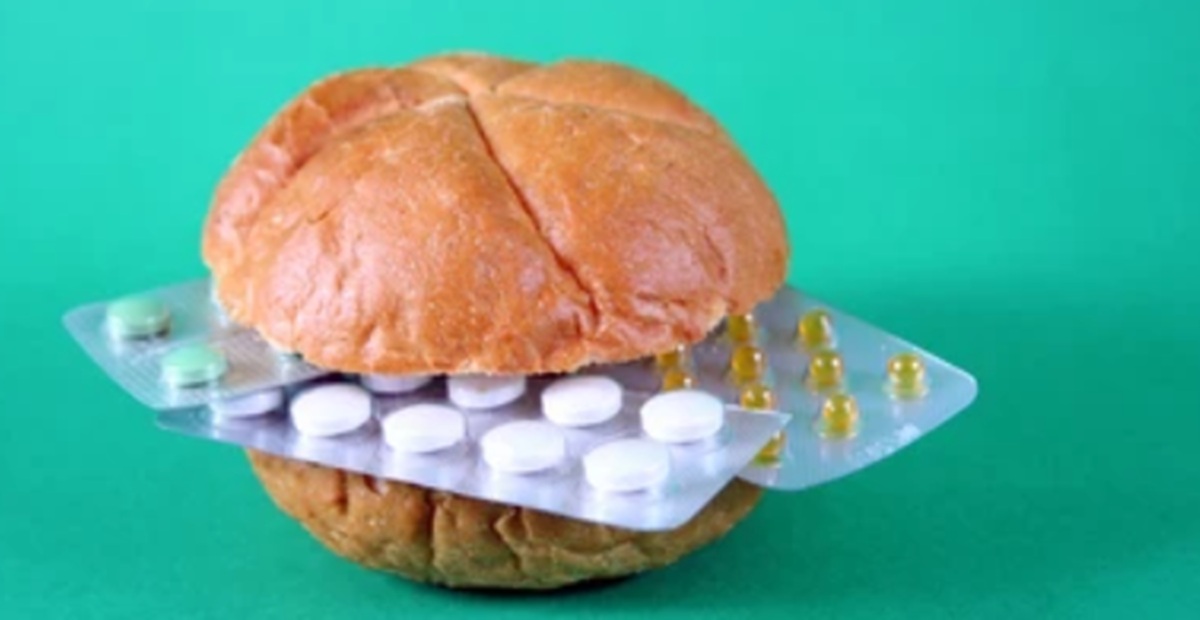08/05/2025
Entire blog as a free PDF eBook.
Sayer Ji is the author of the international bestseller REGENERATE, CEO of www.GlobalWellnessForum.org, founder of www.Greenmedinfo.com and co-founder of www.StandForHealthFreedom.com.
Sayer Ji published the article on July 30, 2025: DO NOTHING: The Peer-Reviewed Prescription BIG PHARMA Doesn’t Want You To Know.
The cancer screening and treatment industry generates roughly $156 billion annually in the United States alone⁹. Every mammogram that leads to a biopsy, every biopsy that leads to a lumpectomy, every lumpectomy that leads to radiation—each step in this cascade generates revenue. The average cost of breast cancer treatment can exceed $100,000¹⁰. Multiply that by hundreds of thousands of overdiagnosed cases, and you begin to understand why there’s little institutional incentive to embrace watchful waiting.
But the costs aren’t merely financial. There’s a human price that can’t be captured in spreadsheets. When a doctor tells you “You have cancer,” something fundamental shifts in your psyche. Studies show that cancer patients have a significantly increased risk of suicide in the first year after diagnosis¹¹. Heart attack rates spike¹². Even when the “cancer” is successfully treated, the psychological wounds often never fully heal.
Such a well-documented and at the same time comprehensible text on an optimal health strategy is difficult to find in the omnipresent flood of information.

I think you smoke too many e-cigarettes….
What now?
You have digital cancer, we have to delete your Instagram account.
This is the dirty secret of pharmaceutical intervention: every drug is a trade-off. You’re accepting known and unknown risks in exchange for suppressing a symptom. Sometimes that trade-off is worthwhile. A diabetic in ketoacidosis needs insulin. A patient with acute appendicitis needs surgery. But for the vast majority of conditions that send people to doctors—chronic pain, digestive issues, mild hypertension, anxiety, insomnia—the trade-off often favors letting the body heal itself.
They will say: If I don’t take my medication, it will get worse. Will it? What do all these drugs that are falsely labeled as medicines do? They suppress the symptoms of diseases and leave the cause of these symptoms untouched. In most cases, they interfere with the body’s natural healing process. Did you know that every second:
- Your bone marrow produces 2.5 million red blood cells;
- Your immune system identifies and destroys cancer cells before they can establish tumors;
- Your liver performs over 500 different functions;
- Your gut manufactures neurotransmitters that influence your mood;
- Your cells repair DNA damage from radiation and toxins;
- Your microbiome educates your immune system and produces vitamins.
These are just the most important facts that demonstrate the body’s self-healing powers. There are also organs such as the pancreas, which produces around 1 liter of pancreatic juice every day, a fluid that contains digestive enzymes such as trypsin, amylase and lipase.

Unless you’re facing a true emergency, give yourself at least 48 hours before accepting any diagnosis or treatment plan. Use this time to:
- Research the condition thoroughly, especially looking for “overdiagnosis + [condition name]”;
- Get second and third opinions, preferably from practitioners with different philosophies;
- Ask specific questions: What happens if we don’t treat this? What’s the natural history? How many people improve without intervention?
- Request all your medical records and read them yourself;
- Look for watchful waiting protocols that might apply to your situation.

Author of the article: Marek Wojcik
Email: worldscam3@gmail.com
<If you like what I write, it would help a lot to further spread these articles if you share them with your friends on social media.
